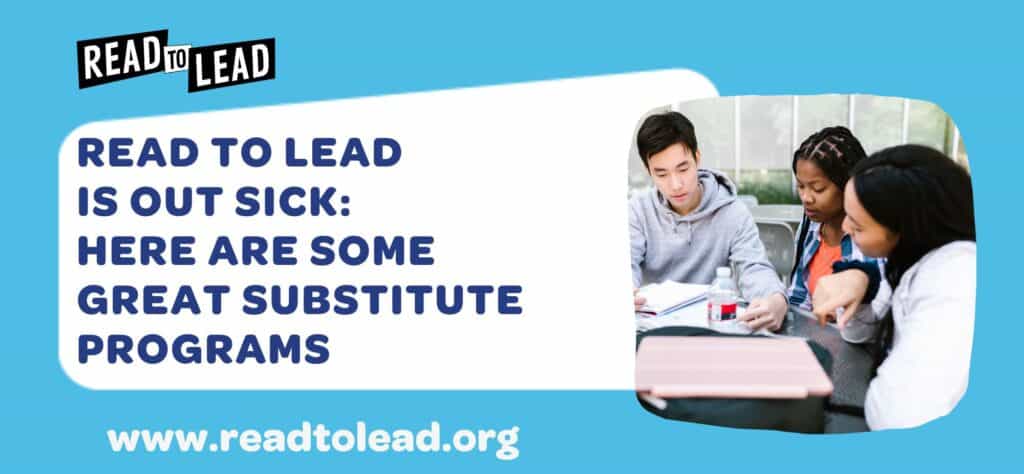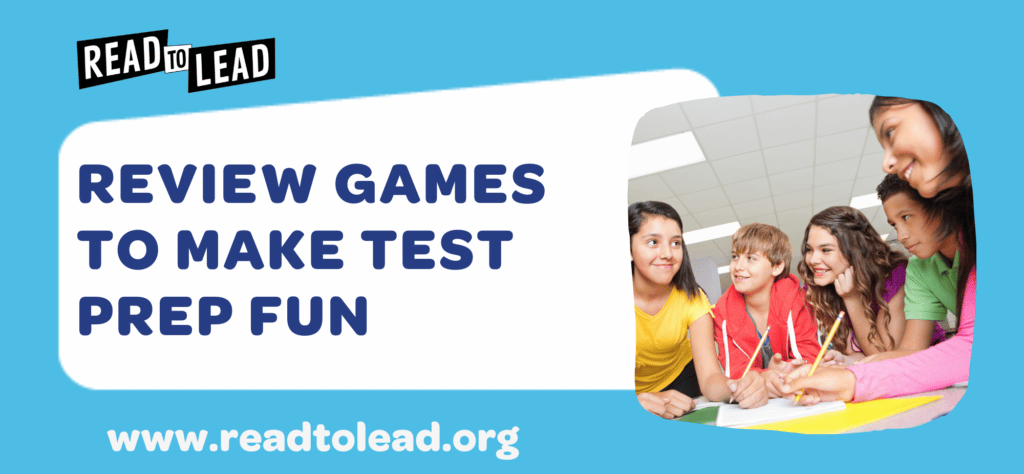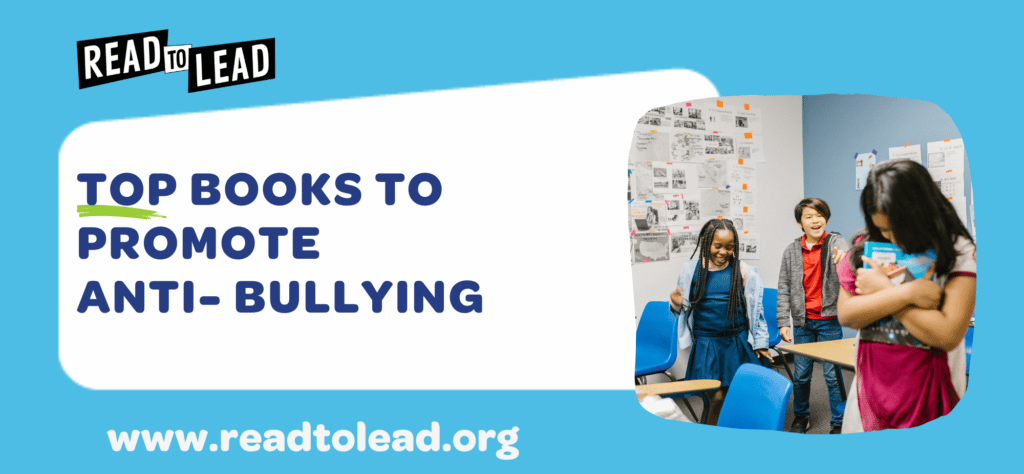
Nurturing the Whole Learner through Read to Lead
In Using Career Exposure to Build Social Emotional Learning, I shared how the Read to Lead team is working to design digital learning games that empower middle school students to build their social emotional (SEL) skills, in combination with their literacy and leadership skills.
As we look ahead, we’re excited about two opportunities to improve our learning model and have an even greater impact on the teachers and students we serve: (1) adding new features to support SEL skill development and (2) advancing how we measure SEL skills.
Adding Innovative New Features to Support SEL Skill Development
Through Read to Lead, students are making key decisions and demonstrating agency. We want to understand more about: What are the learnings students are taking away and applying to the classroom? Is it changing how they show up to class each day, interact with their peers, and perform academically? Is it changing how they are thinking about themselves? These are the questions we’re addressing and that we’d like to explore in even more depth.
This is where our partnership with Digital Promise comes in. Digital Promise is a national leader in leveraging learning science to improve student outcomes. Their Learner Variability Project focuses on putting their research on whole child approaches to work for edtech product developers so that every student receives the support they need in academic content areas, their cognitive development, and their social emotional capacities.
Built on evidence-based strategies, Digital Promise’s Learner Variability Navigator tool has helped us hone in on the learner factors that Read to Lead is most effective in developing. The Read to Lead learner factors we’ve identified include critical literacy, motivation, argumentative reasoning, inference, and social awareness, and relationship skills.
Through our Digital Promise partnership and with generous support from the S & L Marx Foundation, the Read to Lead team and I are in the process of designing new features and resources to support SEL skill development and strengthen our learning model for middle school students, including:
- Interactive debate tools will help students think critically about why they are making a certain decision, the consequences of that decision, and how to share different perspectives on the same question.
- Tools to promote goal-setting will encourage students to focus on how they can accumulate the skills they need to reach their goals over time.
- Project-based learning will guide students to transfer the leadership skills they learn and practice in Read to Lead into their own lives and communities.
Measuring SEL Skill Development
A common challenge within the education community is that SEL can be difficult to measure. Read to Lead puts students in charge and provides opportunities to track decisions made while interacting with peers in realistic career environments, creating unique data sets that can unlock new ways of understanding the development of SEL skills. Using our scenarios, we are eager to explore students’ metacognitive understanding of their decision and how that links to SEL skills.
To address this need and complement our initiative with Digital Promise, we have begun creating an SEL dashboard, which will provide teachers and students with insight into their development of SEL skills in alignment with the Collaborative for Academic, Social, and Emotional Learning (CASEL) framework.
Teachers will have access to actionable, real-time data to help them understand their students’ SEL skill development and differentiate their instruction and support accordingly. In addition, it will enhance students’ ability to monitor their progress on the skills they are practicing and building as “the boss,” ultimately increasing their motivation and self-awareness about their skill set.
In the months ahead, the Read to Lead team and I look forward to developing new insights into SEL and academic skill development and applying those data-driven insights to product innovation. As we continue to innovate and grow, our goal is to reach teachers at scale with the tools and resources to inspire the whole learners that fill their classrooms!
Sign up for Read to Lead to bring SEL, literacy, and 21st century skills to your classroom.

Juliana Hess
Director of Research and Evaluation
As the Director of Research & Evaluation, Juliana Hess brings a unique background that combines strategic planning, research, design thinking, and relationship management. Her work at Classroom, Inc. focuses on using applied research methods to amplify the impact of Read to Lead and inform the design of new product creation. She is passionate about learning sciences research, and over the course of her career, she’s led large-scale education projects in NYC and internationally. She holds an MA from Teachers College, Columbia University and a BA with honors from the University of Kansas.
About Read to Lead
Read to Lead uses the power of game-based learning to empower middle school students to build literacy, life, and career skills. Teachers can sign up for a free account to get started!


